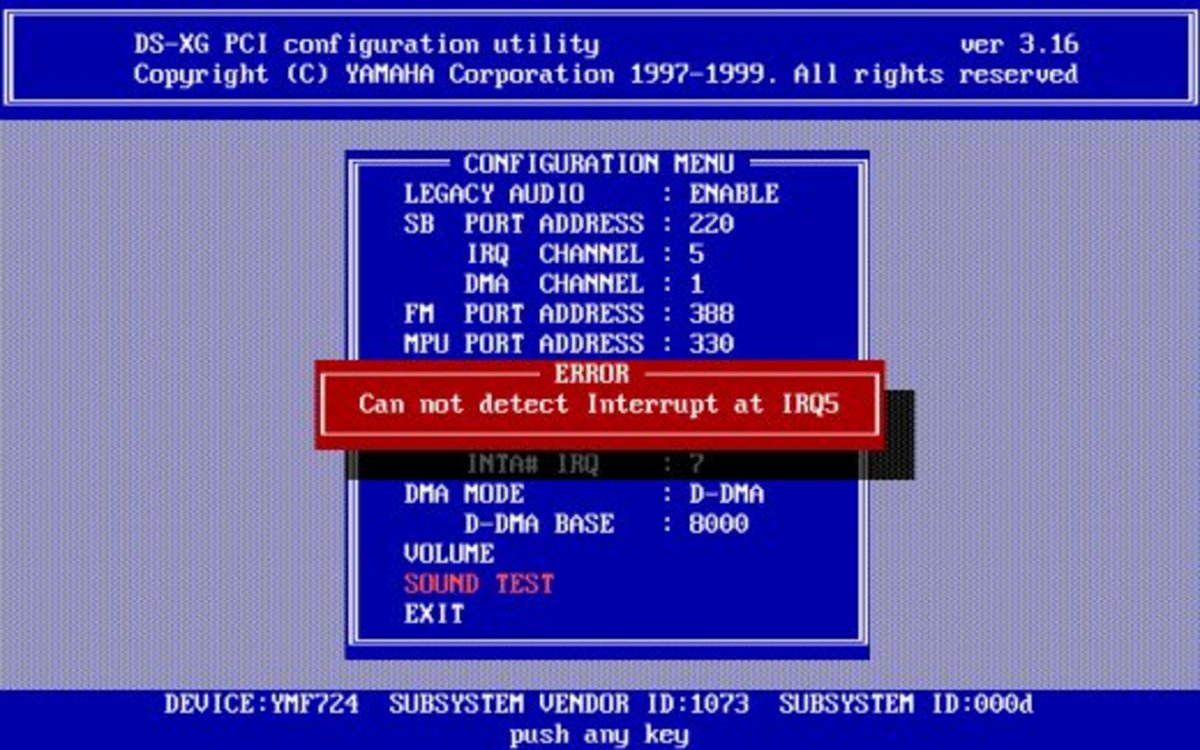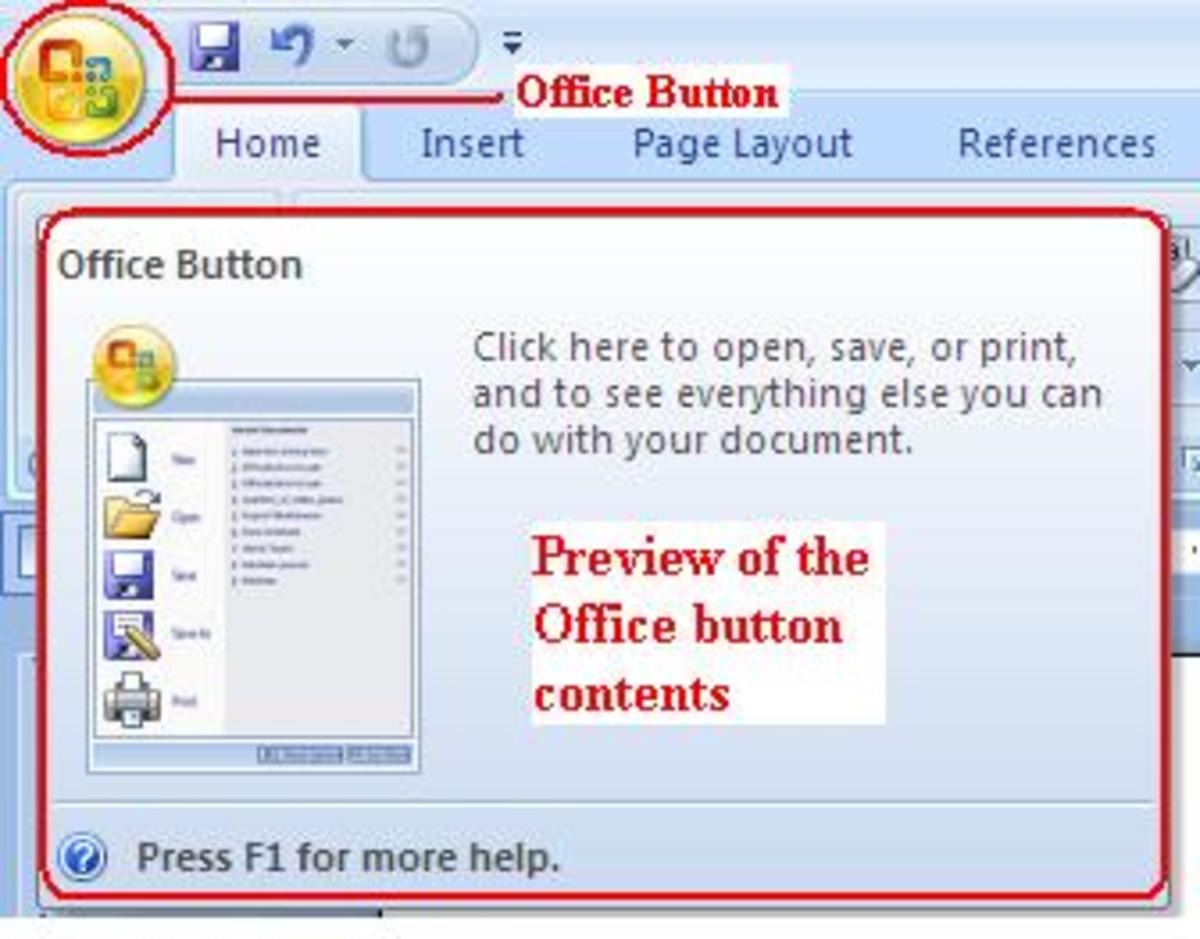- HubPages»
- Technology»
- Computers & Software»
- Computer Software
Hard Drive Problems? Check If A Failure Is Imminent
Hard Drive Problems - They can happen to anyone!
With the latest improvements in hardware devices, recent hard drives have proved way more reliable and less prone to damage compared to earlier years. A reason for it is the rise of sales of solid state drives, better known as SSD drives, which have no moving parts and more complex electronic circuitry.
However, there is not even a single person who uses a computer and is not worried of losing data because of a hard drive failure. The loss of data can be particularly destructible for companies that do not have a reliable system of data back-up, but even home users hate the idea of data loss. Days spent online, downloading files, setting up the computer, storing documents and software can all be in vain, if a hard drive malfunctions causing filesystem errors, or, even worse, when a hard drive gets completely damaged.
Every user should perform some back-up as often as possible, especially for his files and documents that are necessary for him. However, knowing when a hard drive has started showing signs of damage is vital for any user. By knowing beforehand, user can start preparing a larger back-up, start saving for the next hard drive and in general be prepared for the time when the hard drive is gone. Even few days more can be enough for any user to save everything and even double-check for data he has forgotten to back-up (bookmarks back-up, for example, is often neglected).

Getting To Know The S.M.A.R.T.
All recent hard drives offer a tool that can prove very useful in monitoring the state of the hard drives installed in the system, which is called S.M.A.R.T. (Self-Monitoring, Analysis, and Reporting Technology). User can locate S.M.A.R.T. in BIOS, by pressing F2 or Del when computer is booting up, before the splash screen of the operating system. BIOS is different in different brand of motherboards, but the main structure is always same.
The user needs to locate the SMART Monitoring entry and enable it, if it isn't already active. He can save the changes and reboot the system, and after this, in every single reboot of the computer, S.M.A.R.T. will be checking the installed hard drives for defaults and signs of wear and will show a message during booting up. If the hard drives seem working without any problem, the message will be SMART: OK or something similar to this and will soon go away as system boots into the operating system. If, however, defaults and possibility of wear is noticed, S.M.A.R.T. will report the problem and will ask the user to back his data as soon as possible. The indication of failure message can only go away when the user presses F1 to continue.
How To Easily Read The S.M.A.R.T. Condition For Your Drive
For those who would prefer something a little more interactive and comprehensive, there are some interesting tools that will work through Windows and can check the hard drive for defaults. This kind of software sometimes also takes account of the S.M.A.R.T. setting, but what they mostly do is run tests on the hard drive and check how it responds.
An example of such application is HDDLife which is available for trial. It can also monitor the hard drives constantly in the background, but this at the cost of resources (CPU, RAM) spent. HDDLife can show the temperature of the hard drives and it can also work with external USB drives.
Another option is SpeedFan; this little program will be useful for any system in more ways than checking the hard drives. It will show temperatures of the basic hardware, produce warning alerts if there is an extreme increase of heat (depending to user settings), will be able to set fan speeds and of course, it is able to read the S.M.A.R.T. status and run particular tests on the device to monitor and report the health of the drive.
- Speed Up the Windows XP Start Menu
By editing a registry key, you can force the Start Menu to show entries faster. - How to Play Newer Games on Older PC
Check here for tips on setting up the appearance of your new game, so it runs better on your older computer system. - Do You Think You Can Recognize The Famous People In These Skull Drawings?
A few skull drawings... could you recognize the people shown? - How To Organize And Sort Your Image And Photos Gallery
Viewer2 is a freeware image viewer software which can be used for sorting and organizing picture galleries. - How To Delete Files Securely and Make Undelete Impossible
Use a modern, state-of -the-art file manager which can be set up in such way that deleted files will remain deleted forever.








